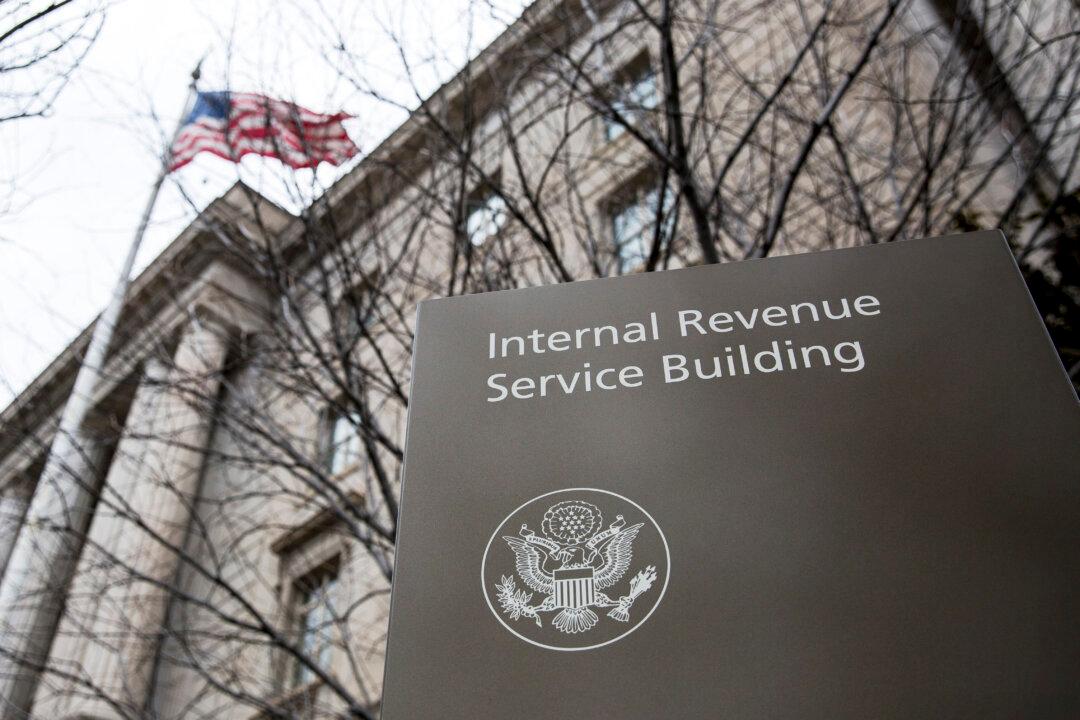Tax authorities are warning Americans that cybercriminals are likely to exploit the COVID-19 crisis to target them with new types of hacks and scams.
The Internal Revenue Service (IRS) said in a statement on Thursday that its Criminal Investigation Division discovered “a wave of new and evolving phishing schemes against taxpayers” that could lead to identity theft and tax-related fraud.





